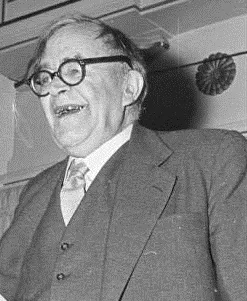
Eulalia of Mérida: The Young Martyr Who Stood Firm in Her Faith
Eulalia of Mérida, a young Spanish martyr, is renowned for her steadfast faith and bravery during a time of intense persecution against Christians in the Roman Empire. Celebrated on December 10, she remains a symbol of courage for many believers worldwide.
Early Life of Eulalia
Eulalia was born in the late 3rd century in Mérida, a city located in what is now southwestern Spain. Little is known about her early life, but it is believed she came from a Christian family. Despite her youth, she exhibited a strong commitment to her faith, which would eventually lead her to martyrdom.
The Persecution of Christians
The Roman Empire was marked by periodic waves of persecution against Christians. During the reign of Emperor Diocletian, these persecutions became particularly severe. Christians were often subjected to torture, imprisonment, and execution for refusing to renounce their beliefs. It was in this context that Eulalia's story unfolds.
Her Martyrdom
Eulalia's defiance began when she publicly professed her Christian faith and refused to worship the Roman gods. This act of bravery was not taken lightly, and she was arrested and brought before the authorities. The local governor, provoked by her unwavering stance, subjected her to a series of tortures.
According to historical accounts, Eulalia was only a teenager at the time of her martyrdom. Despite the inhumane treatment she endured, including being burned and killed, she remained resolute in her faith, inspiring many in her community.
Eulalia as a Saint
Following her death, the story of Eulalia's courage spread rapidly. Her martyrdom not only drew the attention of the local Christian community but soon became a legend within wider Christendom. Eulalia was recognized as a saint, and her feast day is celebrated annually in Spain and beyond.
Legacy and Veneration
The legacy of Eulalia of Mérida extends beyond her martyrdom. Numerous churches and shrines dedicated to her can be found across Spain and in various parts of Europe. Her story has also inspired countless works of art, literature, and religious devotion.
Eulalia is often depicted in religious artwork holding symbols of her martyrdom, such as a palm branch or surrounded by flames, signifying her ultimate sacrifice. She is viewed as a patron saint for various causes, including the protection of children and those facing persecution.
Conclusion
The story of Eulalia of Mérida serves as a powerful reminder of the strength of faith and the resolve of individuals in the face of oppression. Her unwavering commitment to her beliefs continues to resonate today, inspiring modern believers to stand firm in their convictions, regardless of the challenges they may face.






